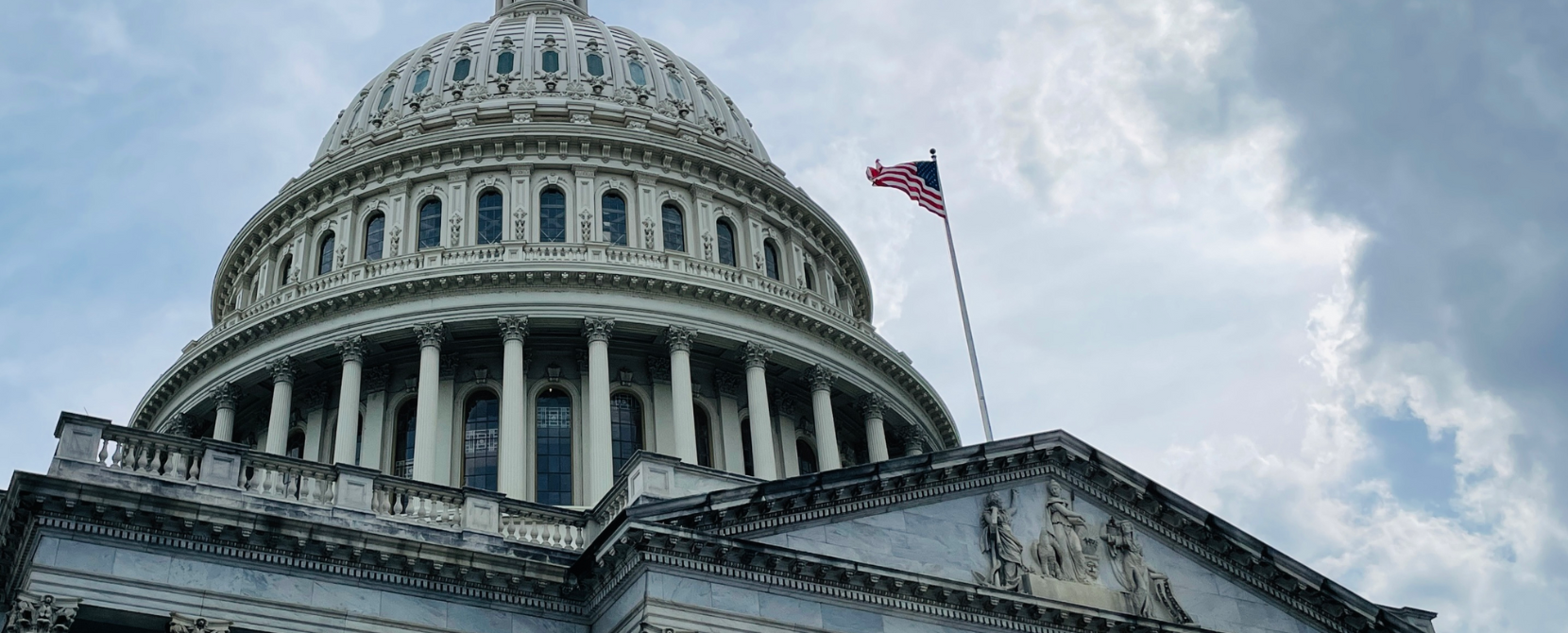If Congress does not pass legislation to fund the federal government past midnight on September 30, it will trigger a federal shutdown. At this point, a federal government shutdown appears imminent. A government shutdown would adversely affect many of America’s 19,000 cities, towns and villages.
Federal government shutdowns occur when Congress and the Administration do not agree upon budget legislation for the next fiscal year. After the Senate and House of Representatives each pass a funding bill, they must align their numbers and pass final legislation to be sent to the President’s desk to be signed to properly fund the federal government and avoid a shutdown. The last government shutdown was in December of 2018. This was a “partial shutdown” since Congress passed five out of the 12 appropriations bills.
According to this Congressional Budget Office Report on the effects of the partial shutdown from December 2018 ending in January 2019, the five-week partial shutdown delayed approximately $18 billion in federal discretionary spending for compensation and purchasing of goods and services and gross domestic product in the fourth quarter of 2018 was reduced by $3 billion. Underlying those effects on the general economy were the more significant effects on individual businesses and workers. Among those most negatively impacted were federal workers facing delayed compensation, which is particularly important to communities with a large federal workforce base (such as military communities or those with large amounts of federal contractors) and other private sector entities that lost business impacting the local economy.
How Will Local Governments Feel the Impact of a Shutdown?
A federal shutdown has many ripple effects that are felt by local communities and city governments. Cities are still dealing with repercussions of last year’s high inflation and a shutdown will only increase the likelihood of an economic slowdown at all levels.
In the event of a shutdown, federal agencies must discontinue all non-essential discretionary functions until funding legislation has been signed into law. While essential services and mandatory spending programs continue to function, these shutdowns can bear a burden upon local governments of all sizes. For city leaders, their residents may experience an interruption or reduction of benefits in essential programs such as the Special Supplemental Nutrition Program for Women, Infants, and Children (WIC) or the Head Start program.
Additionally, should the length of a shutdown persist, there are other considerable impacts to local residents that could be felt through interruptions in essential benefits from programs like the Supplemental Nutrition Assistance Program (SNAP) providing benefits to supplement low-income families’ food purchase, the Low-Income Home Energy Assistance Program (LIHEAP) benefits which help low-income families heat or cool their homes and monthly housing assistance programs that could run out of funds to operate in an extended shutdown. s Additionally, the safety and public health of communities is also put at risk regarding concern of the quality of drinking water in various regions as routine inspections by the U.S. Environmental Protection Agency could be greatly decreased or stop in a shutdown.
Another consequence of a shutdown that can harm cities and towns is the impact on local government operations and services. Federal discretionary grants administered to local governments from unfunded federal agencies, including the U.S. Department of Housing and Urban Development’s Community Development Blog Grant and HOME Grants, U.S. Department of Justice’s COPS Grants, the Economic Development Administration’s Economic Development Grants, the Small Business Administration’s Small Business Loans, the U.S. Department of Energy’s Inflation Reduction Act implementation and the U.S. Department of Agriculture’s Rural Loans and Grants for housing and community development, will be unavailable for reimbursement to local governments. Agency staff will generally be unavailable to answer questions or offer technical assistance throughout the duration of the partial government shutdown. Any local employees funded by federal grants may also be required to stop work.
While a short shutdown of a week or less will likely have less impact on cities, the effects of a longer shutdown would multiply quickly, including inaccessible federal funding, project delays and potential layoffs not to mention the impacts of diminished or interrupted federal program benefits to residents. As federal funding for services dries up, residents usually expect local governments to step in with supplemental funding. Eventually it will fall on cities and states to bear the cost of the shutdown on the broader economy, which will result in less tax revenue for all levels of government.
Each federal agency will develop their own shutdown plan, which is largely coordinated by the Office of Management and Budget (OMB). Their plans will identify which government activities may not continue requiring furloughs or the stopping of such activities under a shutdown. A list of the various contingency plans that federal agencies will follow during a shutdown can be found at this link. Many have been updated within the past three years, but some have not been fully updated since the last shutdown starting in 2018.
Government Shutdown Checklist to Prepare Communities
Local leaders can reference this government shutdown checklist for local officials to help prepare their community.
Contact Your Congressional Delegation
Now is the time for local leaders to let their congressional representatives know how a federal government shutdown will have wide-ranging detrimental effects on local government operations and your shared constituents. Contact your congressional delegation today!









